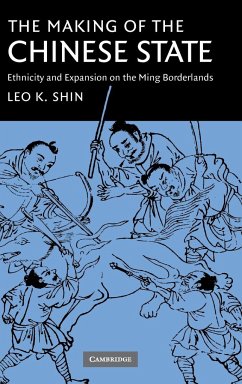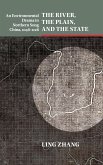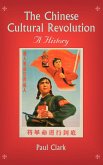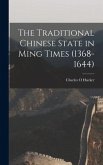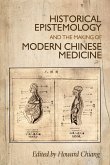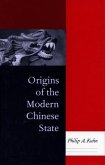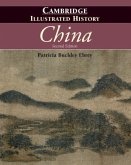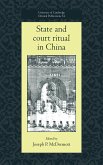In this pioneering study of the relationships between the state and its borderlands, Leo Shin traces the roots of China's modern ethnic configurations to the Ming dynasty (1368-1644). Challenging the view that China's expansion was primarily an exercise of assimilation, Shin argues that the political interests of the state and the economic needs of the settlers facilitated the categorization of borderland 'non-Chinese' populations. Shin concludes that modern-day Chinese rulers find it critical to maintain the myth of a unified multi-national state by officially recognising a total of fifty-six 'nationalities'.

